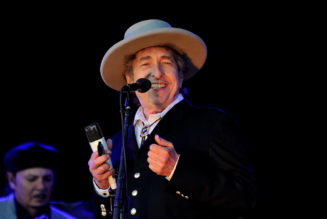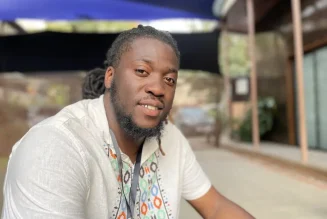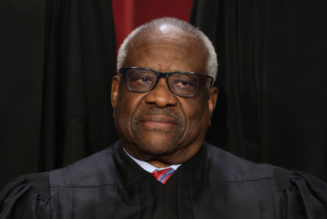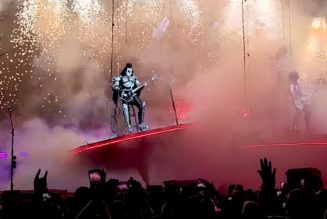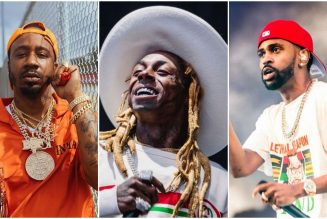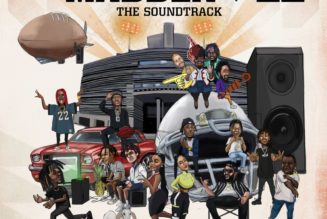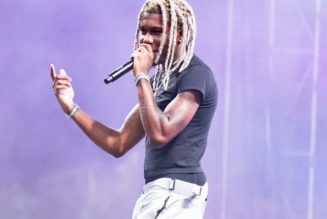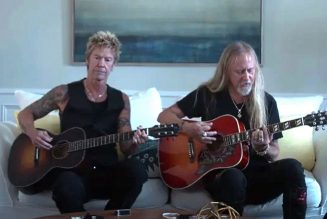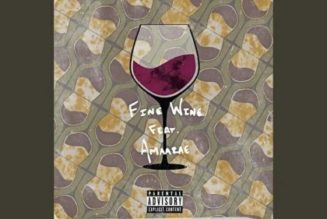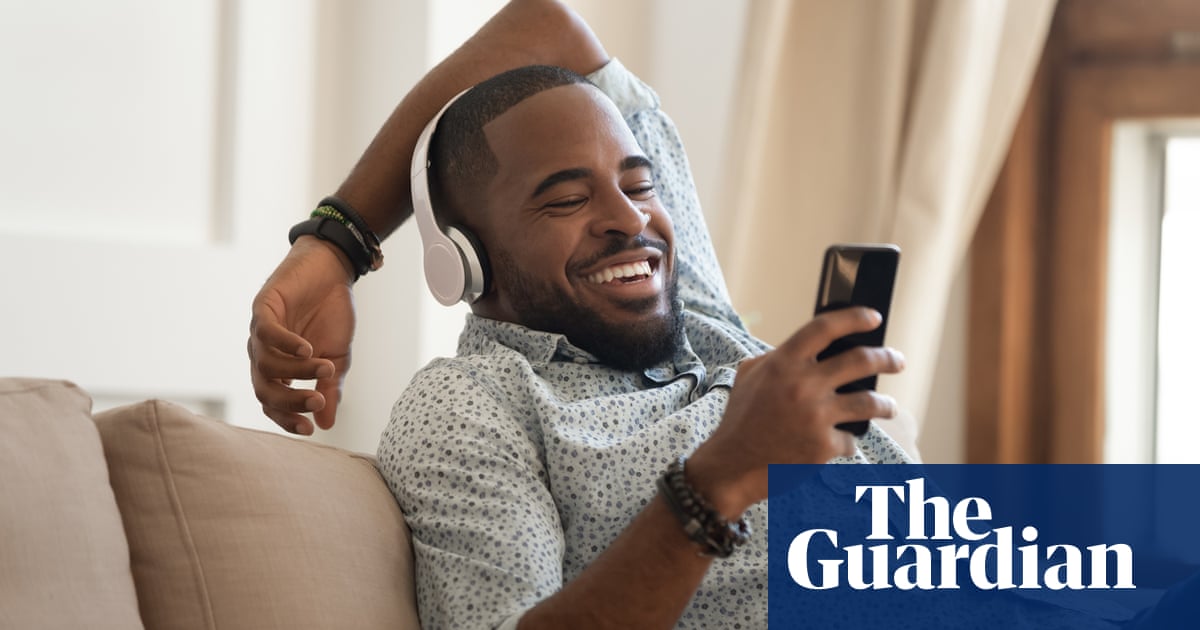
Google and Universal Music are negotiating a deal on how to license the voices and melodies of artists for artificial intelligence-generated songs.
The talks are expected to include the potential development of a tool for fans where individuals could make AI-generated songs but the relevant copyright owners would be paid. The artists would have a choice to opt in to the process.
According to the Financial Times, the talks are at an early stage and there are no plans for an immediate product launch.
The talks come after a popular and recent trend of fans using AI programs to make deepfake music that imitates artists’ voices and cadence so it appears they are singing other people’s songs or even new material.
On TikTok, there are several viral videos of convincingly mimicked AI-made tracks of artists, usually without the consent of the artists’ voices the creators are making.
Earlier this year, a song featuring AI-generated vocals resembling those of Drake and the Weeknd, posted by a TikTok user, was pulled from streaming services by Universal Music Group, for “infringing content with generative AI”.
The initial video featuring the track Heart on My Sleeve, had 15m views on TikTok and was shared on streaming services that garnered 600,000 Spotify streams.
Drake, whose popularity as an artist has meant he is often the victim of deepfake songs, had previously said an AI-generated recording of him rapping to an Ice Spice track was “the final straw”.
after newsletter promotion
The negotiations between Google and Universal have come as the music industry has been grappling with AI, with the development of new technologies mimicking artists’ voices seen as a growing threat.
Record labels have voiced concerns around intellectual property and the protections of rights holders.
Robert Kyncl, the CEO of Warner Music Group, said on Tuesday that artists should have a choice when it came to AI music. He said WMG’s priority was to ensure performers had a choice and “there’s nothing more precious to an artist than their voice, and protecting their voice is protecting their livelihood and protecting their persona”.
Rosie Burbidge, intellectual property partner at Gunnercooke LLP, said: “If the music itself is AI generated then we are in clearer copyright infringement territory and, provided it is possible to prove that the AI that generated the music was trained using particular copyright works and there are similarities in the music or lyrics, there is a greater ability to prevent such use as it is likely to be a copyright infringement.”
